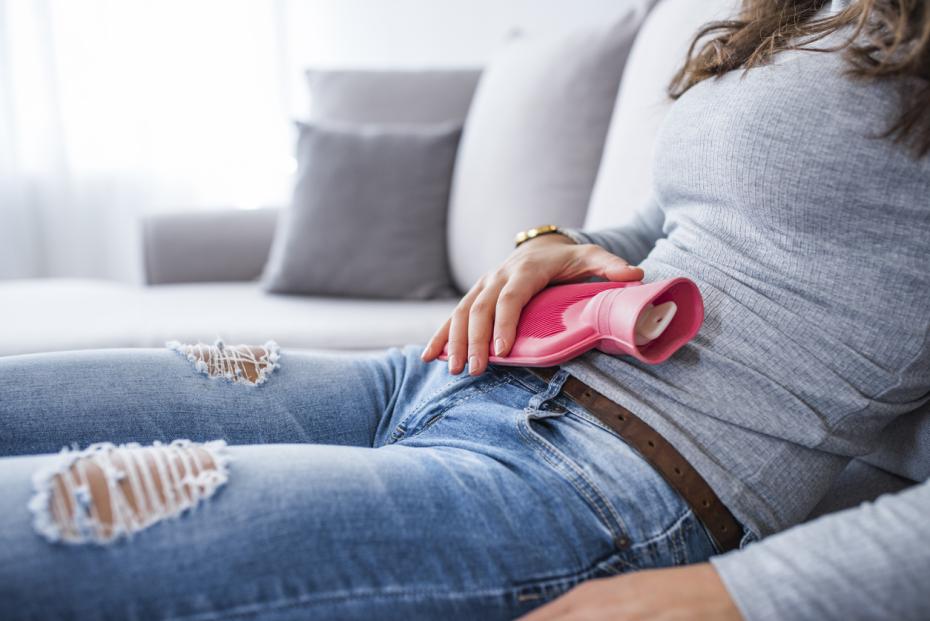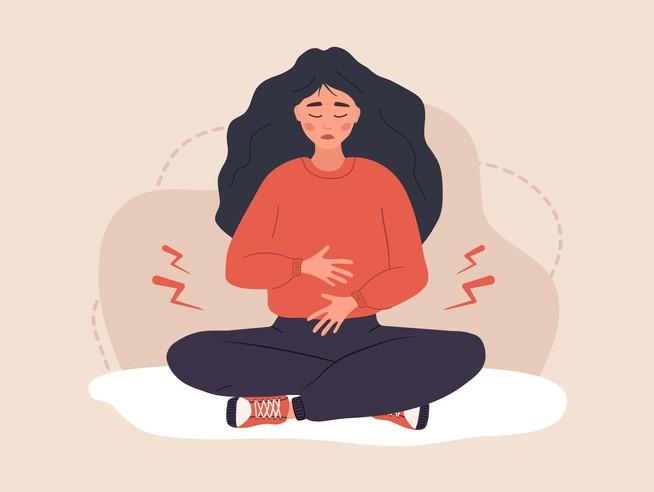
Menstruation, maternity, menopause: making space in the academy for all elements of womanhood

You may also like
Throughout history, women have encountered difficulties attaining the same rights as men, mainly because of patriarchal views that considered them biologically inferior, dependent and weaker. This has led to the need to conform to professional standards established by those who do not experience menstruation.
Menstruation
Women may experience severe pain and heavy periods in certain situations owing to medical conditions such as endometriosis, fibroids or pelvic inflammatory disease. However, the UK 2010 Equality Act does not offer specific protection for period pain or menopause. If an employer treats an employee unfairly due to these conditions, it could be considered discrimination based on protected characteristics of age, disability or sex.
Workplace policy does not adequately address the reproductive health needs of women. This could be because the policymakers prioritise male-dominated ideologies, resulting in this neglect and oppression of women. This hierarchical structure, where men occupy most leadership positions and dictate policies, is a significant factor in gender inequality in higher education.
Although discussion surrounding periods has increased, research indicates that women in the UK lack support in the workplace for managing painful menstruation. Kate Sang’s study on disability in academia found that 26 per cent of respondents did not disclose to their employers that they were absent due to menstruation.
- Gender equality in higher education: how to overcome key challenges
- A month of highs and lows: the impact of menstruation on HE
- THE podcast: how to navigate HE as a woman of colour
Menopause
The menopause affects the majority of women at some point in their lives. When treating menopause as a barrier to workforce participation, it needs to be viewed as an equality issue at an organisational level, not just a women’s issue. Although menopause policies are starting to creep in within some occupations, higher education has a long way to go. Academics report feeling devalued and discriminated against because of their experience of menopause, leading many to take periods of absence or leave their profession entirely.
Maternity leave
Although pregnancy and maternity are protected characteristics, maternity can still be the kiss of death to women’s careers. Maternity policies exist in the academy, but appropriate steps are not being taken to ensure women’s careers do not stagnate due to changing perceptions when they return to work. These policies give a facade of equality, while stigmas and perceptions of motherhood work to reduce equality in real time.
The gender demographic of universities is explored in Heather Savigny’s article “Women, know your limits”, which highlights the worryingly disproportionate number of men in professor and vice-chancellor positions (80 per cent and 85 per cent, respectively). In 2021, the number of female professors in the UK increased to 28 per cent. Because of their role in bearing and raising children, women in academia experience a slow-down in their careers and a lack of understanding of their needs that can prevent their return to work. Maternity within the academy makes women unable to hide their femininity, leaving them feeling vulnerable and open to discrimination as academics and as students.
Solutions to the stigma of womanhood
These recommendations are intended to promote satisfaction and comfort for women who work as academics.
Safe spaces to speak openly about menstruation: To create a positive working environment for menstruating employees, it is important for employers to normalise periods and dispel misconceptions surrounding them. I successfully implemented this strategy at my previous workplace by creating a supportive network within our department, providing individuals with someone to talk to. As a result, my colleagues felt comfortable sharing their experiences and struggles.
Take steps to raise awareness of menstruation, maternity and menopause issues: Communication aimed at all employees should raise awareness of the difficulties womanhood can create for working women. This sets the precedent that support is available and can be reinforced by institutional leaders. Supportive communications are the first step, and any practical support that can be accessed should be clearly signposted. It is important that this isn’t a one-off occurrence but part of a wider workplace culture of accessibility.
Recognise health issues specific to women by implementing or modifying policies that cater to them: It is recommended that academics inform their employers about any disabilities or gynaecological symptoms they may have. Employers are legally obliged to make reasonable adjustments to remove or reduce disability-related disadvantages. Employees and their line managers must have open discussions to identify and implement necessary changes to the workplace. These adjustments aim to enable disabled employees to perform their duties effectively and without unfair treatment. This needs to extend to women’s health issues, which can be debilitating.
Employers must update their sickness and absence policies to include specific guidelines for menstrual, pregnancy and menopausal health and symptoms. These guidelines should be non-discriminatory and clearly outline the support and accommodations provided to employees experiencing these health issues.
Providing flexible work arrangements can help to ensure that female academics are not adversely affected and can effectively balance their health needs with work responsibilities. Likewise, such flexibility can prove to be a significant advantage for academics returning from maternity leave, allowing them to resume work alongside childcare responsibilities.
Menstruation, maternity and menopause are intrinsic to womanhood. These issues must be recognised and respected within policy and practice to prevent further discrimination and ensure space for women in higher education. Women have much to contribute; we just need the space to do so.
Christina Dzineku is a doctoral researcher, teacher and course liaison tutor at Leeds Trinity University. Devon Oakley-Hogg is a secondary school English teacher and doctoral researcher at the University of Glasgow.
If you would like advice and insight from academics and university staff delivered direct to your inbox each week, sign up for the Campus newsletter.
Additional Links
For more resources on this topic, see our spotlight collection: How to factor family into higher education.


